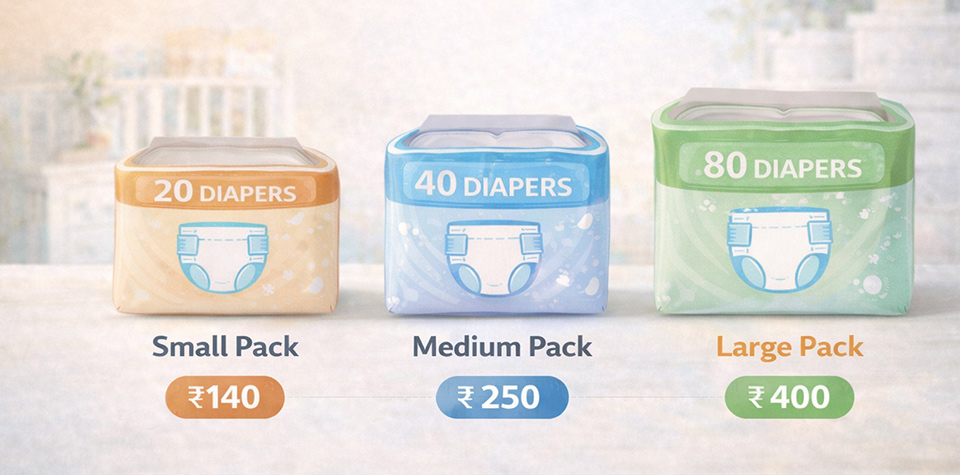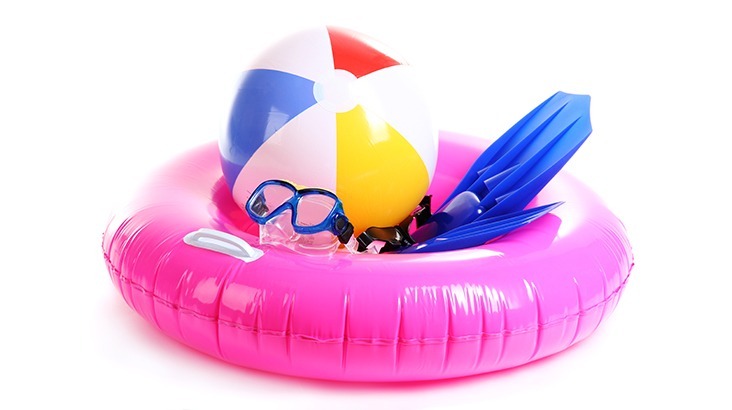Stay updated with expert advice on parenting, baby products, and more through our blog. Explore valuable insights, guides, and tips to support you in making the best choices for your little one.

Buying a ride-on car for your child can be exciting—but it can also get expensive quickly. If you’re looking for a kids ride-on car under ₹2000, you can still find safe and fun options that offer great value.

Diapers are one of the most essential baby-care products—and also one of the biggest recurring expenses for parents. From newborn stage to toddler years, diaper usage can stretch across 2–3 years, making diaper prices a major consideration for families.

Motherhood comes with beautiful moments—and real challenges. Whether you’re returning to work, need flexibility, or want your baby to receive breast milk even when you’re away, a breast pump can be a very useful gadget to have.

Choosing the right stroller is one of the most important decisions for new parents. In India, where roads, climate, and travel conditions vary greatly, selecting the best stroller in India requires careful consideration.

Choosing the right toys for your baby is crucial. It supports their development and keeps them engaged. In the first six months, babies experience rapid growth and change. Each month brings new skills and interests.

Your baby deserves the best—and so do you. As a parent, every choice you make reflects your love and care, and choosing the right baby stroller is one of the most important decisions you’ll take.

Being a parent is a beautiful journey filled with joy, learning, and a few challenges along the way. One of the most essential purchases for new parents is a baby pram or stroller. A good pram ensures your baby’s safety, comfort, and allows you to move around effortlessly during daily outings.

Choosing the perfect ride-on toy for your baby can be exciting and overwhelming. With so many options available, especially when you're sticking to a budget under ₹5000, parents often find themselves comparing electric toy cars with manual ride-on cars.

Becoming a new parent is a life-changing experience—filled with love, joy, and a long checklist of things your little one needs. With so many options

I remember child proofing the entire house when my son started to crawl. So, sharp edges, corners, doors, windows, power points, all were ‘baby protected’☺.

Want to beat the summer heat and add some excitement to your days? Look no further than pool parties and beach days. These summer fun activities are a

Picking the right products for your baby is important as it directly impacts their growth and overall health. Here are three crucial factors to keep in mind